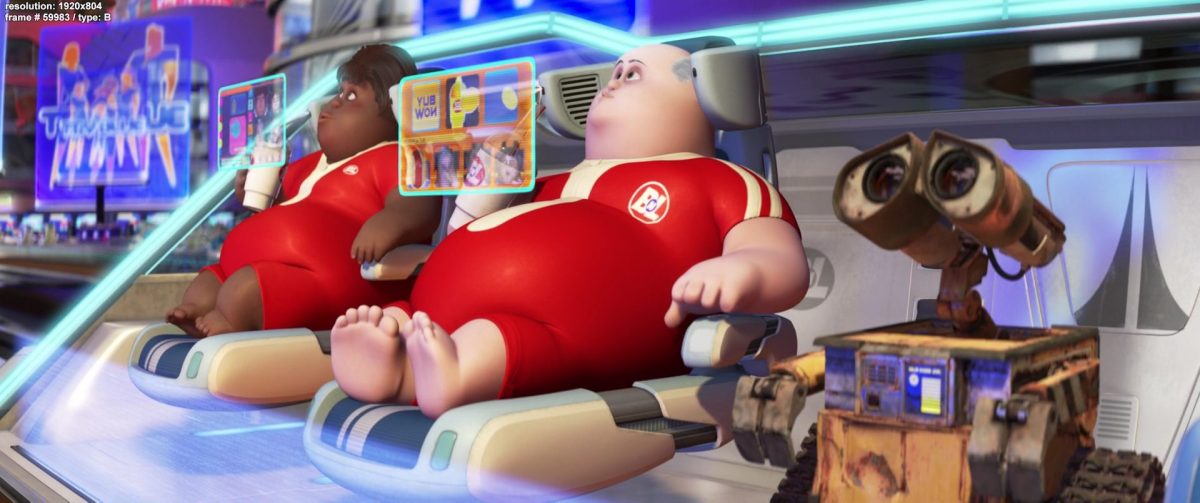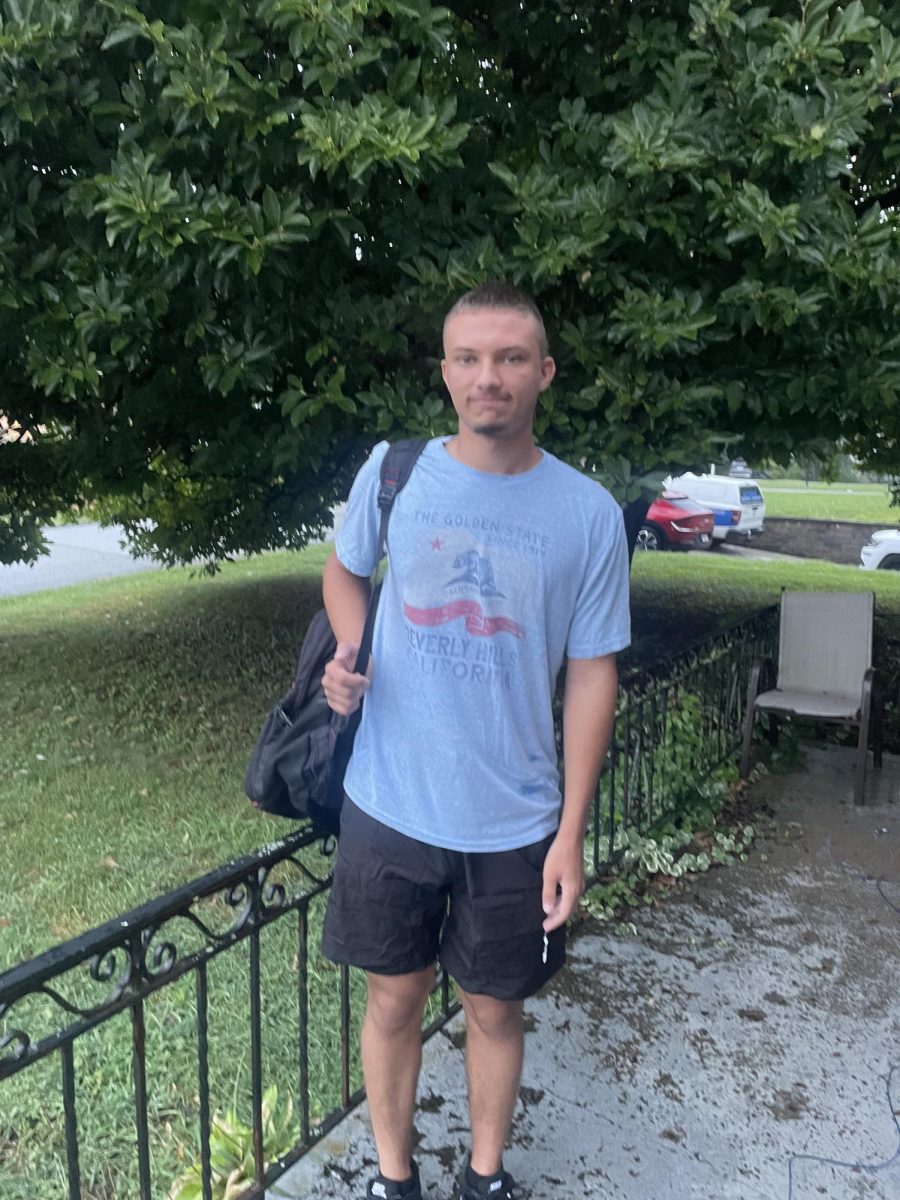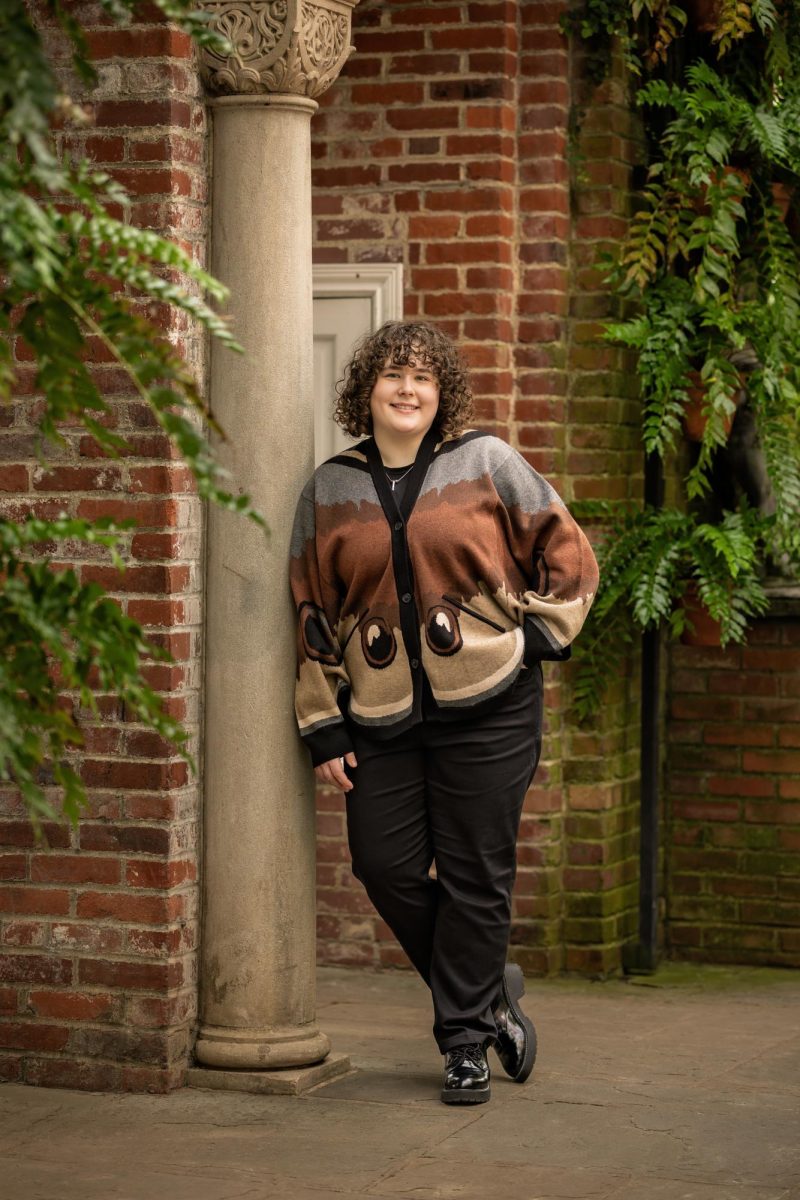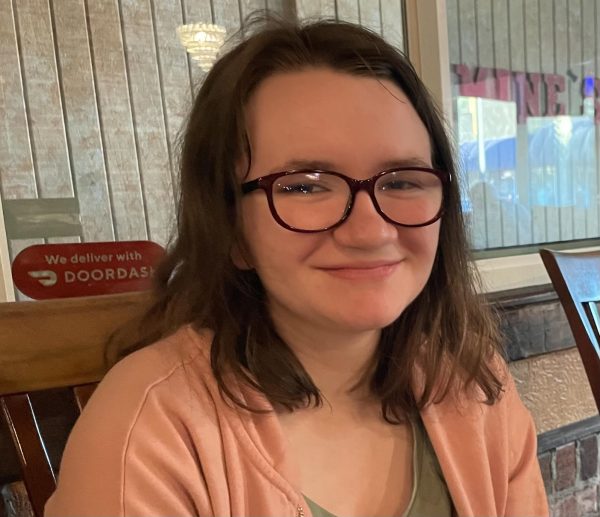 The mystery genre is a staple of movies, television, and books. Many people enjoy a classic “whodunnit”-style story. However, the question remains: Is one medium better than the others to convey a good mystery? The answer, to me, is that books are the preferred medium for a mystery.
The mystery genre is a staple of movies, television, and books. Many people enjoy a classic “whodunnit”-style story. However, the question remains: Is one medium better than the others to convey a good mystery? The answer, to me, is that books are the preferred medium for a mystery.
I find that the crafting of a good mystery is all about the control of information. The audience needs to have enough information so that it is possible to solve the mystery without making the mystery too obvious. Most (but not all) poor quality mysteries fall into the trap of being either too obvious or too “out of left field”. I find predictable mysteries quite boring, but some “plot twists” can come across as an underdeveloped surprise resolution that feels jarring.
Between the various mediums, I think that books are the best at controlling information. The reader only knows what the author reveals to them, and it is easier to direct people’s attention with words than it is in movies. The author controls what details are focused on and which ones are ignored through what the narrator pays attention to. If the narrator ignores a piece of information, then it is likely that the reader will, too.
Additionally, the author controls what details of the setting and character description are given to the reader. Some mystery novels use details that went unnoticed by the narrator or that simply were not considered in order to have an epiphany moment when the narrator looks at the mystery with “new eyes”. A narrator might not make the association between two people that a viewer would find obvious onscreen; essentially, the reader sees the mystery through the eyes of the narrator while the movie or TV viewer sees the mystery through their own eyes.
Words can be intentionally misleading so as to misdirect the reader; the narrator might be wrong in how they perceive their surroundings. Since a novel only exposes the audience to the narrator’s interpretation of events, places, and people are, readers are easier to misdirect than moviegoers (when the book is well-written, of course). A narrator might make mistakes in even their passive conclusions, and that does not even account for the possibility of an unreliable narrator.
In my experience, the camera cannot hide quite as much. Any available detail is in view of the audience with none of the filter of a narrator’s internal monologue. In some ways, this makes a successful movie or television mystery quite the filmmaking feat. However, the medium can be limiting in the sense that so much information is (nearly) impossible to obscure in a way that feels natural.
Of course, there are ways to get around this in the movie and television industry. A movie or TV show can use visual or auditory distractions to divert attention from clues along with many more strategies to control information. Lighting and camera angles can also be used to hide details which would reveal too much information to viewers.
Still, I find that it is easier for books to find creative ways to control information than movies or TV can. The written word allows the author to play around with perspective; the author can even change the point of view without it being obvious who is in a scene. A movie or television show could attempt this, but any dialogue or characters would be extremely difficult to include if the perspective and characters involved are meant to be kept secret.
Another difference between books and movies is that books are (generally) meant to be read over a longer period of time than a movie lasts. Most chapter books would likely take someone at least a few hours to read, and many people cannot read a book in one day, let alone one sitting. This absorption of content in more sporadic bursts is something that books have in common with TV shows, which are (generally) released in individual episodes that result in a mystery being revealed over weeks rather than hours.
While this difference might seem insignificant, the extra time is a noteworthy addition to a mystery book (and, therefore, also to mystery TV shows). As I previously mentioned, information is key to any good mystery. A consequence of people having imperfect memories is that we forget things. A person is more likely to remember a detail from the beginning of a movie that started two hours beforehand than they are to recall a detail from the beginning of a book which they started four days earlier. This tendency to forget details makes a mystery book (at least a good one) harder to solve than (many but not all) mystery movies.
I tend to read mystery novels as ebooks on MackinVIA, the website that Norwin uses as an ebook library. There are a variety of ebooks and audiobooks available on the site for students to access. MackinVIA can be accessed through the website or as a mobile app. Some of the mystery books on the site use interesting methods of subverting readers’ expectations of a typical novel.
For instance, I really enjoyed the novel Dark and Shallow Lies by Ginny Myers Sain, which is a mystery set in a town of psychics where Grey, the protagonist, searches for her missing best friend. The book messes with both perspective and time in a way that would not necessarily be possible in another format. People in certain scenes are kept anonymous in a way that could come across as unnatural if in another format. The twists are interesting and surprising, and the characters were likable enough to get me invested in them.
I also like the way that the book The Summer She Went Missing by Chelsea Ichaso manipulates the reader’s expectations based on perspective. The concept of the book is that the protagonist, Paige, is trying to find her missing best friend who disappeared the previous summer while on vacation. The book includes a few chapters in a “mystery” point of view which is made ambiguous. The scenes include dialogue between anonymous characters and vague physical descriptions of places and people. I think that the unclear point of view chapters in the novel are well executed and likely could not have been adapted to a movie or television format in a compelling way.
I enjoy mysteries as books, movies, and TV shows; I just think that books are the best medium for mysteries in a technical sense. I have read a lot of mystery novels that use creative methods to make a compelling narrative, and I find that the relative lack of limitations in writing are often overlooked when compared to movies.










Anthony • Feb 11, 2025 at 11:01 am
Totally agree! Thanks for the read Mackenzie.